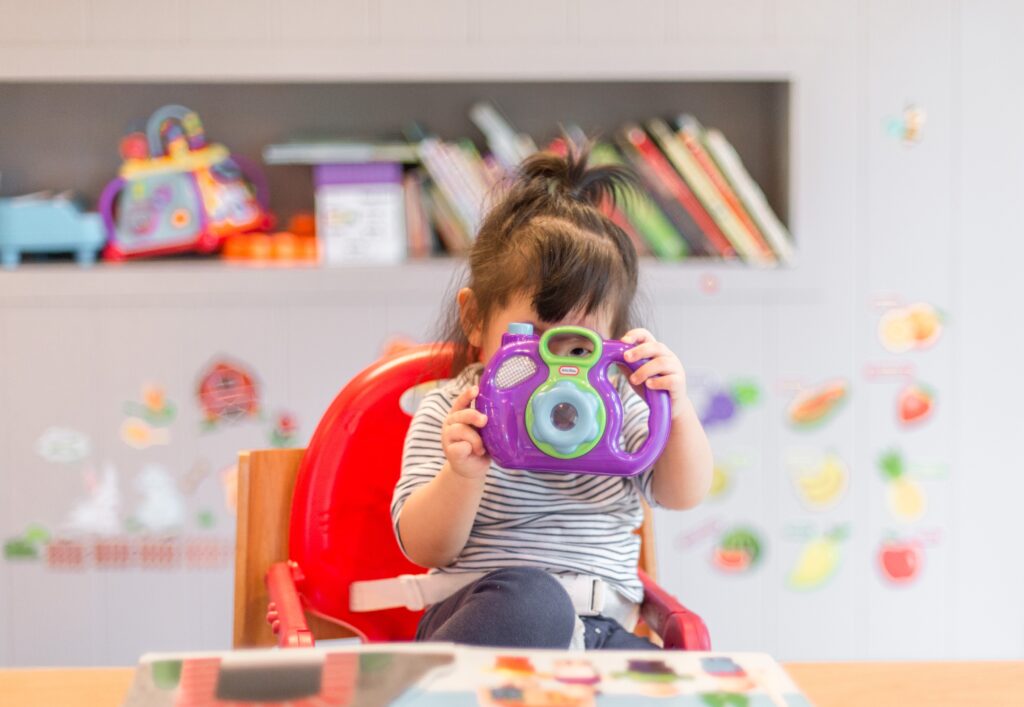This is a common question that many parents have asked me in the past. My biggest suggestion and comment when asked this question is, will your child imitate you during play? Prior to your child using verbal language to communicate, your child uses nonverbal language to communicate. Everything from smiling, to crying, to gesturing… like moving arms up or an open mouth for more food.
For many children a precursor to verbal language is non-verbal language, specifically imitation. I will work on imitation during play until the child is starting to imitate me during play. Many speech pathologist are actually only play-based therapists, meaning they focus on working language into play. These include therapists who are floortime therapists and those who practice floortime therapy through DIR therapy type.
It’s important before you start therapy to ask questions in order to gain perspective on how you can carryover strategies at home and what you can do to help your child with their speech. I always suggest sending a little video ahead of time so that the therapist can see you and your child playing in a natural setting.

